Michael Graves
2012 Laureate
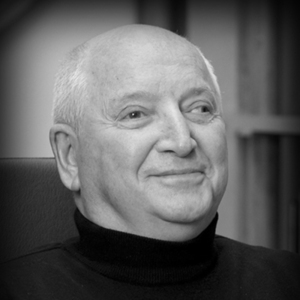
Architect and designer’s expansive body of work has enhanced the experience of everyday life
Michael Graves, whose celebrated career redefined the architect’s role in society, has been named the recipient of the 2012 Richard H. Driehaus Prize at the University of Notre Dame. Graves, the tenth Driehaus Prize laureate, will receive $200,000 and a bronze miniature of the Choregic Monument of Lysikrates during a March 24 ceremony in Chicago.
“Michael Graves has enhanced not just the architecture profession with his talent and scholarship, but everyday life itself through his inspiring attention to beautiful and accessible design,” says Michael Lykoudis, Driehaus Prize Jury Chair and Francis and Kathleen Rooney Dean of the University of Notre Dame School of Architecture. “The quality and scope of his work have enhanced how people work, live, and interact in public and private realms, making a profound impact on American life.”
Graves is Founding Principal of the firm Michael Graves & Associates (MGA) and the Robert Schirmer Professor of Architecture, Emeritus at Princeton University, where he taught for 39 years. At Princeton, Graves reintroduced the principles of traditional and classical composition and also brought a dedication to urbanism to a modernist curriculum. Receiving the Rome Prize in 1960 as a scholar at the American Academy in Rome, where he is now a Trustee, Graves was influenced by “the timeless grammar” of architecture that he has applied to his own work. Members of the Driehaus Prize jury commended his commitment to the traditional city—in its human scale, complexity, and vitality—as emblematic of a time-tested sustainability.
In structures such as the Portland (Oregon) Public Services Building and Humana Corporation headquarters in Louisville, Kentucky, Graves’ designs are characterized for their attention to detail and dignity. His concern for the character of his buildings extends to his interior design, the lighting, fixtures, and furniture that he regards as essential to the overall character he aspires to create
Additional Information
Graves considers himself a “general practitioner.” His influential designs, extending from buildings including the iconic Denver Central Library to everyday objects such as his celebrated Alessi teakettle, reflect the breadth of his interests and the depth of his humanistic instincts. Attention to enhancing the user experience characterizes all his work, from luxury goods to products for Target Stores. The beauty and quality of ordinary objects, Graves believes, have the power to affect the soul.
Graves also views urbanism as a vital part of the built environment. His master plans impart a sense of community and place, while establishing a framework for sustainable, cohesive growth. For more than 12 years, MGA has been the campus master planner for Rice University, resulting in approximately 27 building projects, including three residential colleges for the North Campus.
Other Laureates
-

2024
Peter Pennoyer
-
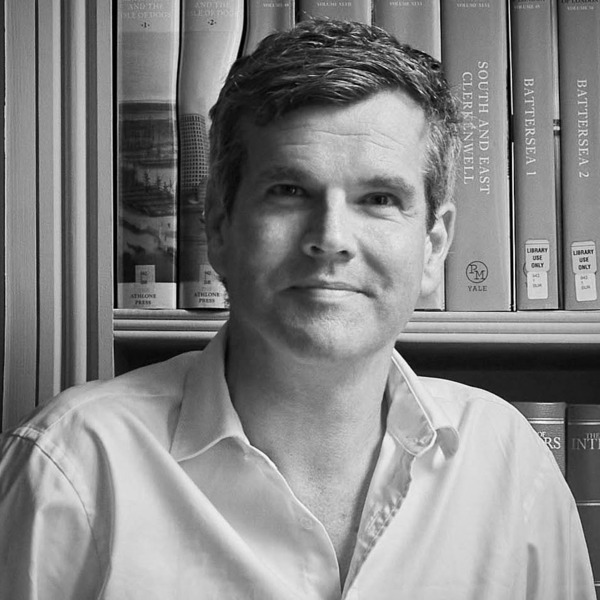
2023
Ben Pentreath
-
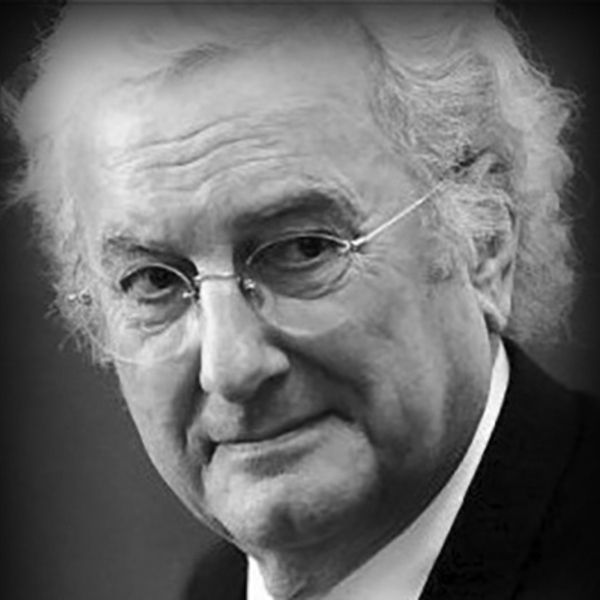
2022
Rob Krier
-
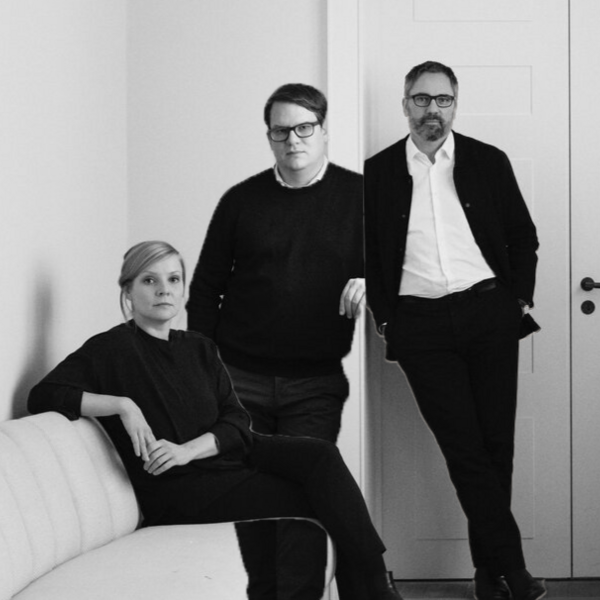
-
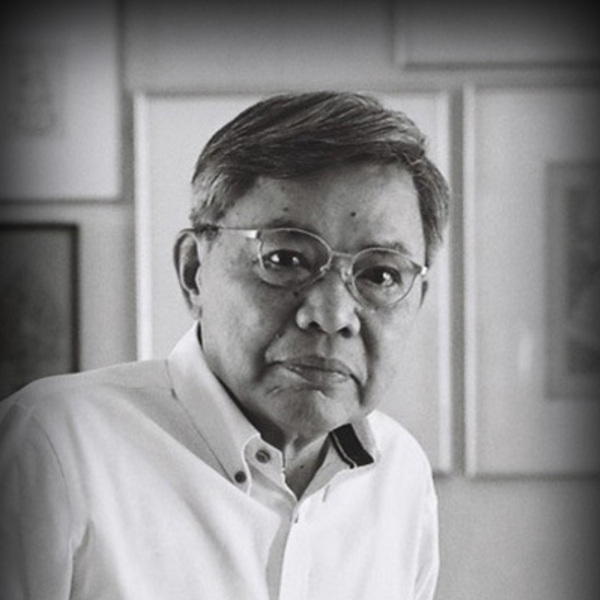
2020
Ong-ard Satrabhandhu
-
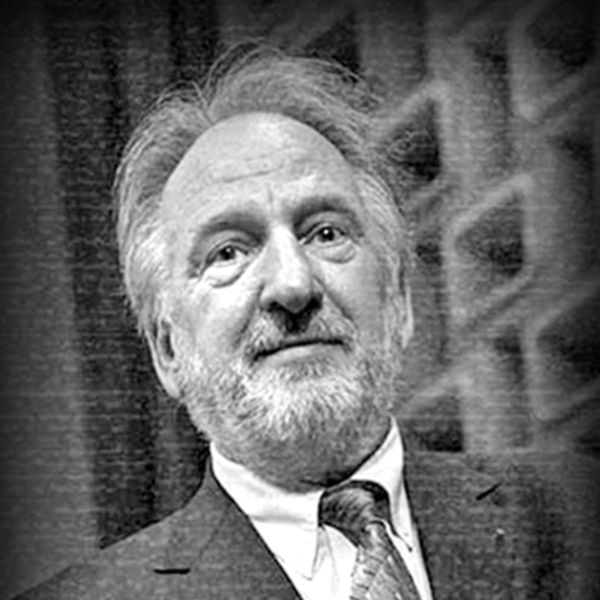
2019
Maurice Culot
-
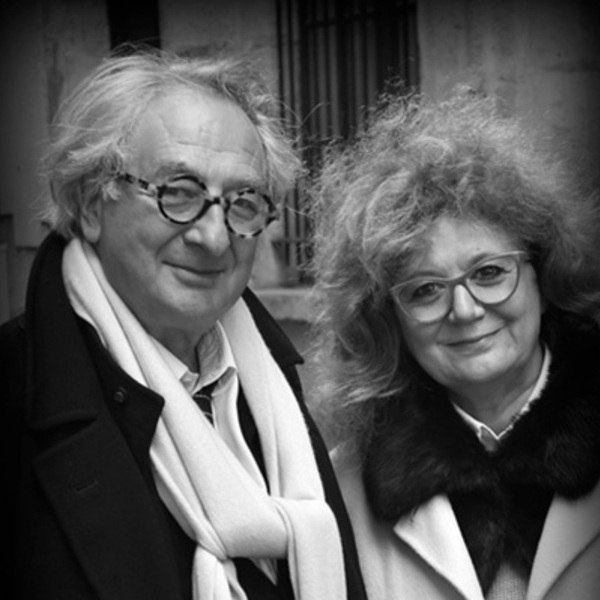
-

2017
Robert Adam
-
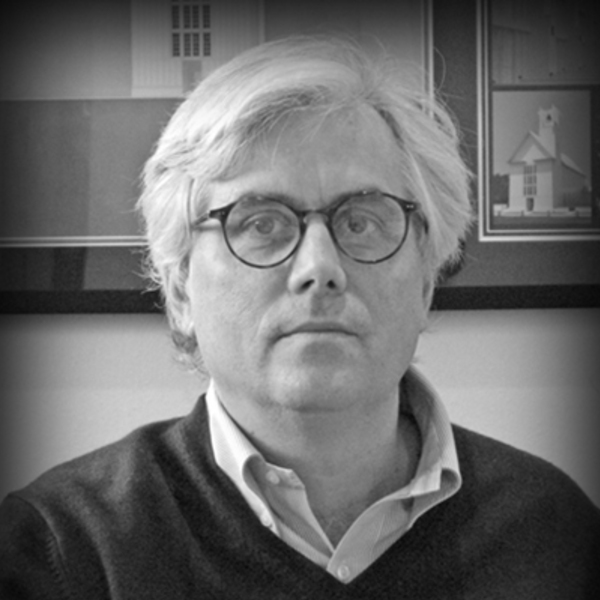
2016
Scott Merrill
-

2015
David M. Schwarz
-

2014
Pier Carlo Bontempi
-

2013
Thomas H. Beeby
-

2012
Michael Graves
-
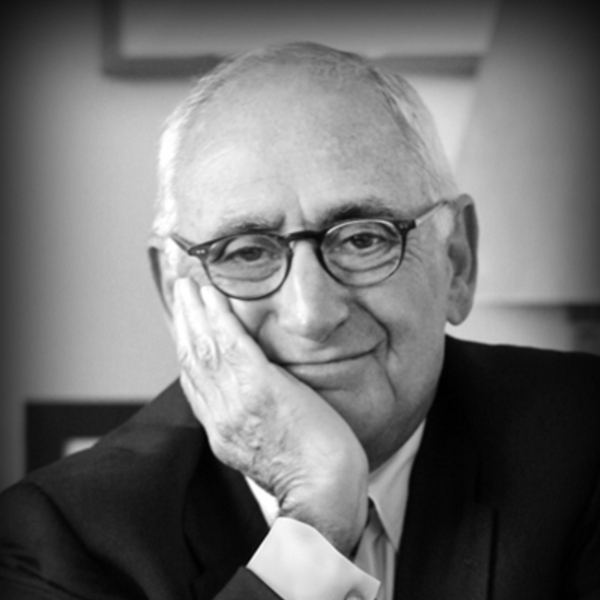
2011
Robert A.M. Stern
-
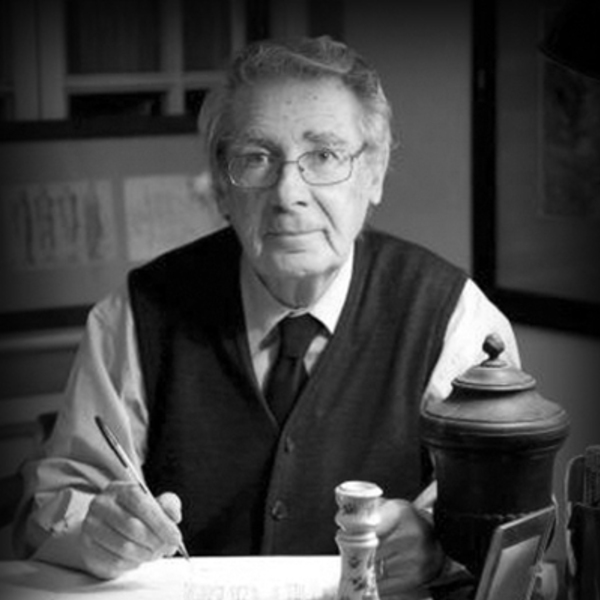
-
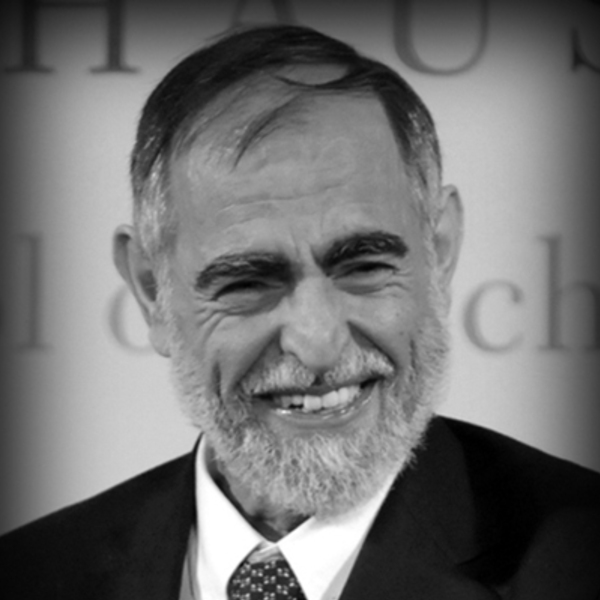
2009
Abdel-Wahed El-Wakil
-

-
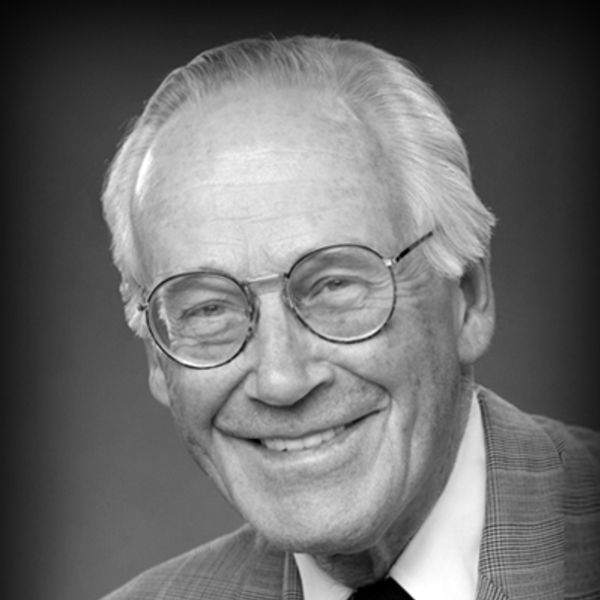
-

2006
Allan Greenberg
-
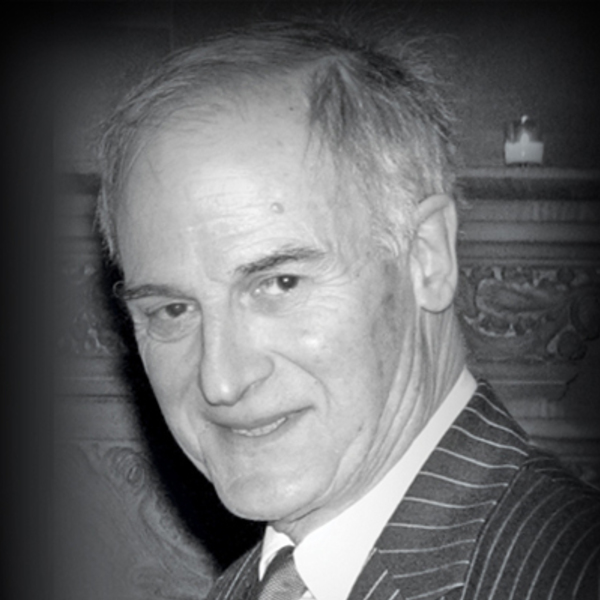
2005
Quinlan Terry
-
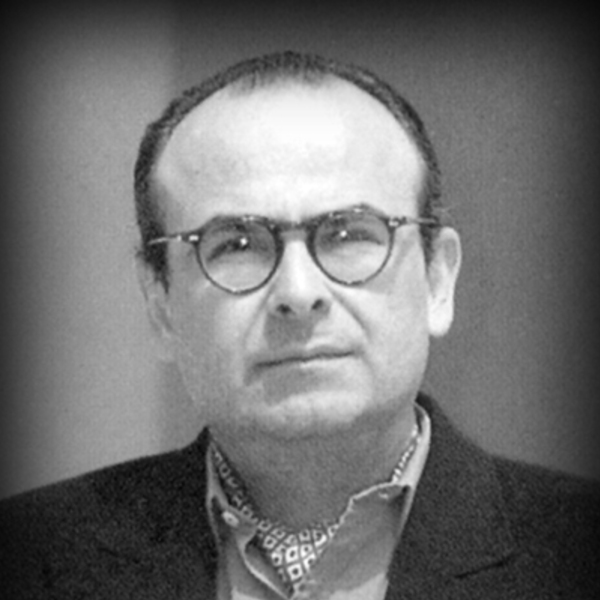
2004
Demetri Porphyrios
-

2003
Léon Krier